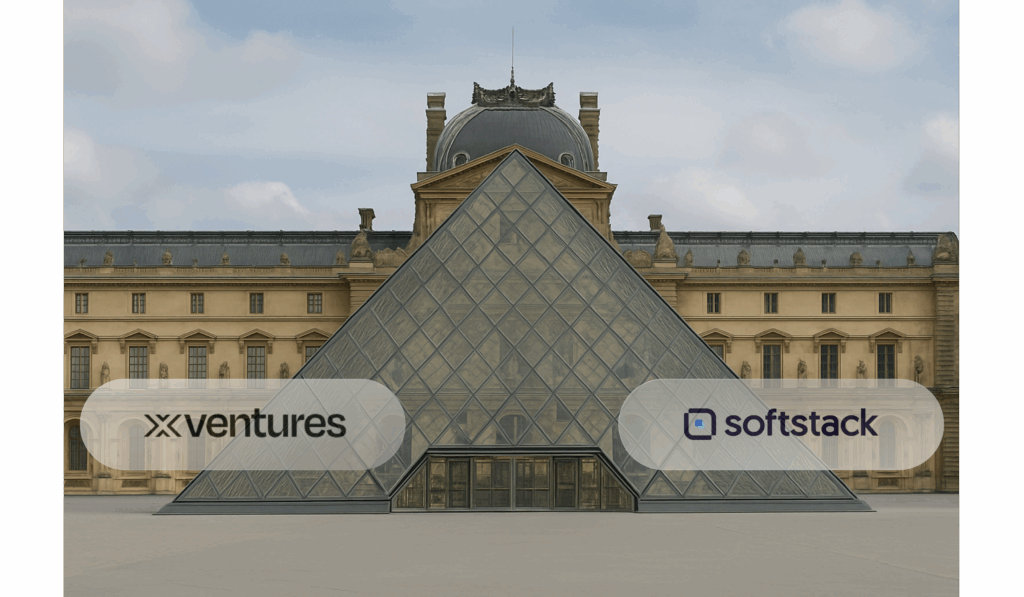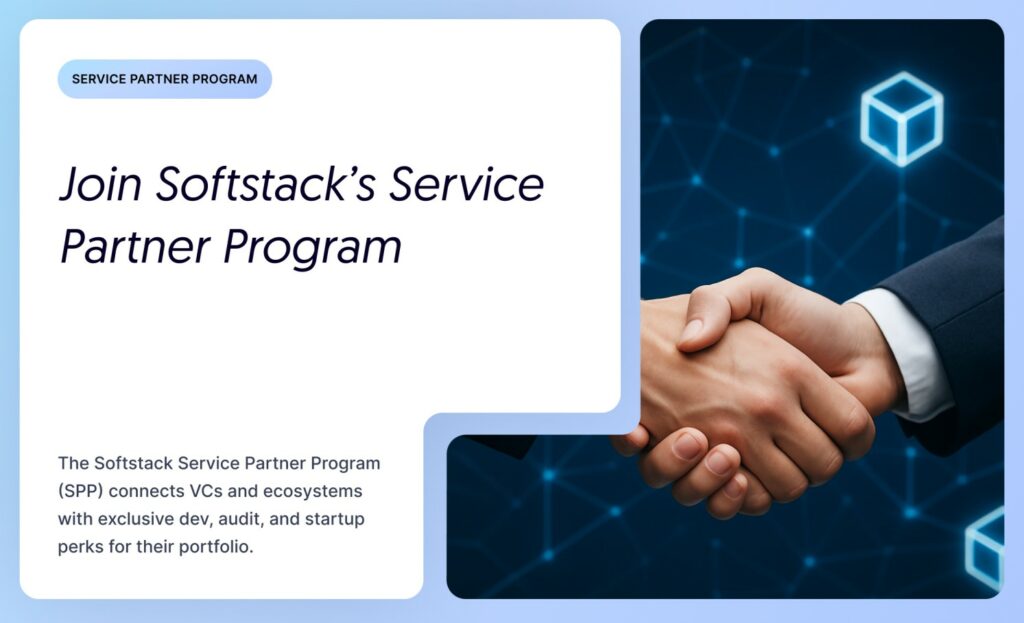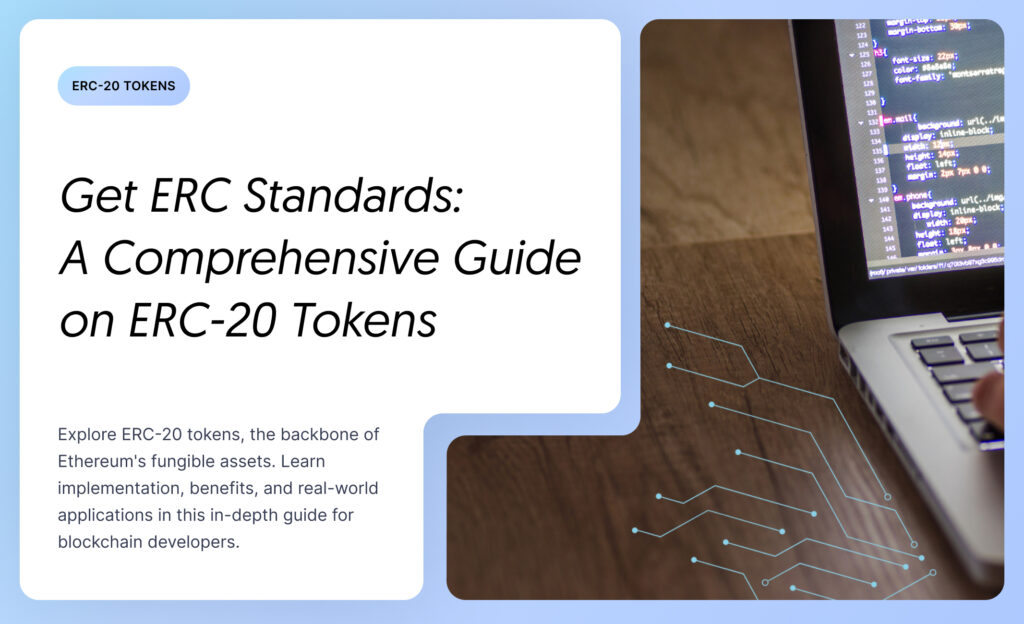Currently the gaming industry is experiencing a transformative shift due to the emergence of Web3 gaming. This groundbreaking approach leverages blockchain technology by combining elements of on-chain and off-chain processing, offering various advantages such as decentralized ownership, transparent in-game economies, interoperable assets and much more. As a result, Web3 gaming is not just a new way to play – it’s a revolution that is redefining what games can be. In a broader context, Web3 gaming serves as a new bridge between the in-game economy and the real-world economy, facilitating the flow of tangible value both within and outside the game environment.
The Impact of Web3 Gaming
In the dynamic landscape of gaming, where innovation is the currency, the emergence of Web3 technology has sparked a revolution. Web3, built upon blockchain principles, introduces a myriad of transformative features to the gaming world, fundamentally altering the way we play, interact, and even earn within virtual realms. Let’s delve into the profound impact of Web3 on gaming and explore the exciting opportunities it presents.
At the heart of Web3 gaming is the concept of true ownership. Traditionally, in-game assets such as weapons, skins, or characters were confined to the game’s ecosystem, with their ‘ownership’ being merely a license to use within the game. Represented as unique tokens on the blockchain (NFTs), players are empowered with genuine ownership. This means that players can trade, sell, or utilize these assets across different games and platforms, providing a tangible value to their gaming achievements.
Shifting focus to the economies that underpin these gaming worlds, traditional centralized systems often fall prey to a lack of transparency and are susceptible to manipulation. In contrast, Web3 introduces a blockchain-based system of transactions, offering an immutable record that fosters trust and fairness within the gaming community. This significant step eliminates the need for intermediaries, creating a more direct and reliable economic environment.
With this transition comes a multitude of new opportunities for monetization. Players can now earn real value through gameplay, whether by discovering and selling rare items or participating in community-fundet decentralized tournaments. On the flip side, developers can tap into a variety of revenue models, including token sales or decentralized crowdfunding initiatives. This shift supports their game development endeavors and is revolutionizing the way games are funded and sustained.
Developers are particularly benefitting from Web3 innovations, gaining access to diverse and dynamic revenue streams. By facilitating various in-game purchases and operating marketplaces within games, creators can now establish a more dynamic and sustainable ecosystem, bolstering both the growth and longevity of their projects.
Interoperability stands out as one of Web3 gaming’s most groundbreaking features. Players can now move assets from one game to another effortlessly, courtesy of blockchain’s standardized technology. This not only boosts the utility and value of digital assets but also enriches player experience by weaving together a more cohesive and interconnected digital universe. Such a framework invites collaboration and innovation across the industry, heralding a future filled with limitless possibilities.
Web3 gaming transcends the traditional paradigm of gaming as a cost center, introducing the Play-to-Earn (P2E) model, where players can generate real-world income through their gaming achievements and participation. This transformative model opens the door for players to earn real-world value through their in-game achievements and participation, offering a new, financially lucrative source, making it a compelling prospect for gamers world wide.
Another facet of Web3 gaming is the enhanced agency it provides players to wield more control over the game’s economy. Through mechanisms like NFTs and decentralized autonomous organizations (DAOs), players can engage in governance roles, influencing the game’s development and economic policies. This level of involvement ensures that the game evolves in a direction that resonates with its community.
The integration of blockchain technology enables players to maintain a consistent identity across different games, enhancing the sense of belonging and community within gaming ecosystems. Additionally, blockchain-based identity verification enhances security and mitigates risks associated with fraud or cheating. By immutably recording transactions on the blockchain, developers can ensure the integrity of in-game economies, fostering trust between players and developers and mitigating the risk of fraudulent activities.
Moreover, blockchain enables precise player identification, surpassing traditional tracking methods. Every interaction is securely recorded, allowing developers to tailor experiences with remarkable accuracy. This data empowers personalized marketing and offers but requires a delicate balance between personalization and player privacy. As developers navigate this frontier, prioritizing data protection is crucial for fostering trust while harnessing Web3’s potential for immersive gaming experiences.
Pioneers of Web3 Gaming
In this landscape, a few pioneering games have not only captured the imagination of players worldwide but have also paved the way for a future where gaming and blockchain technology intertwine seamlessly. Let’s delve into some of these trailblazers.
CryptoKitties: The Dawn of Blockchain Gaming
Launched in November 2017, CryptoKitties emerged as one of the first blockchain games to capture widespread attention. It introduced the concept of digitally scarce collectibles – each CryptoKitty is a unique, non-fungible token (NFT) on the Ethereum blockchain, owned fully by the player. The game allows players to buy, sell, and breed digital cats, with each offspring inheriting traits from its parents, sometimes resulting in rare attributes. CryptoKitties is more than just a game; it’s a fascinating study in digital collectibility, genetic algorithms, and the network congestion challenges that arise from the popularity of a decentralized app (dApp). Its success highlighted the potential for NFTs and smart contracts, setting the stage for the explosion of blockchain gaming.
The Sandbox: A Creative Metaverse
The Sandbox (SAND) offers a compelling vision of a user-generated content (UGC) platform combined with a gaming ecosystem. It empowers players to create, own, and monetize their gaming experiences on the Ethereum blockchain. With its voxel-based editor, anyone can build and animate objects, design games, and even host social experiences. What makes The Sandbox revolutionary is its decentralized marketplace, where creators sell and trade their creations as NFTs, providing a new economic model for game developers and content creators. By democratizing game development and enabling player ownership, The Sandbox is redefining the possibilities within the gaming sector.
Axie Infinity: A New Breed of Digital Pets
Axie Infinity (AXS) reimagines the concept of digital pets, introducing a universe where players battle, breed, and trade fantasy creatures called Axies. Inspired by games like Pokémon, it incorporates play-to-earn mechanics, allowing players to earn cryptocurrency through gameplay achievements. Each Axie is an NFT, making them collectible and tradable on the Ethereum blockchain. Axie Infinity has not only introduced blockchain gaming to a wider audience but has also created a sustainable economic model for players, especially in developing countries.
Aavegotchi: DeFi Meets Gaming
Aavegotchi (GHST) presents an innovative blend of decentralized finance (DeFi) and NFTs. In this game, players interact with ghost-like characters that double as DeFi assets. Aavegotchis are backed by aTokens, interest-generating tokens from the Aave lending platform, tying the character’s value and rarity to actual financial assets. This unique mechanism introduces complex strategies involving lending, borrowing, and yield farming, presenting a deep, rewarding experience that bridges gaming with DeFi.
Upland: Merging the Virtual and Real
Upland stands as a unique offering in the Web3 gaming domain, a virtual property trading game that maps digital assets to real-world addresses. Players buy, sell, and trade properties represented as NFTs, aiming to build their real estate empires. Upland’s real appeal lies in its blending of a virtual economy with real geographic locations, encouraging exploration and investment strategies reminiscent of Monopoly. It introduces a novel approach to game monetization and engagement, grounding the virtual gaming experience in the physical world.
Elevating Web3 Gaming Projects with Softstack
In conclusion, the integration of Web3 technology into the gaming industry marks a foundational shift, heralding a future where digital games are not only about entertainment but also about true asset ownership, economic innovation, and community-driven development. By championing decentralization and novel monetization opportunities, Web3 gaming promises to redefine player and developer engagement, making its adoption not just preferable but essential for those looking to lead in the ever-evolving gaming landscape. As we move forward, this technology invites us into a new era of gaming, one that is geared towards fulfilling the dynamic demands of a global audience and cementing gaming’s role at the forefront of digital innovation.
Softstack is not just a service provider; we are your partners in the journey toward revolutionizing the gaming industry. With our comprehensive suite of services tailored to the unique needs of Web3 gaming projects, we empower studios to not only navigate the complexities of blockchain technology but to thrive and lead. From meticulously crafted tokenomics and secure smart contracts to custom blockchain solutions and cross-platform integration, Softstack is here to elevate your project to unprecedented heights. The future of gaming is boundless and exciting with Web3 technologies, and with Softstack, you are equipped to make a lasting impact. Let’s redefine the gaming landscape together.







